BY NATALIE FIERTZ When the Global Health Security Index was released in late October 2019, barely more than a month before COVID-19 infected its first person, Timor-Leste was ranked 166th out of 195 countries. Poor – the country has a GDP per capita of just over $1500, the lowest in East Asia – and with […]
Category Archives: Natalie Fiertz
The Shattering of Abiymania
- Thursday, 20 May 2021 17:31
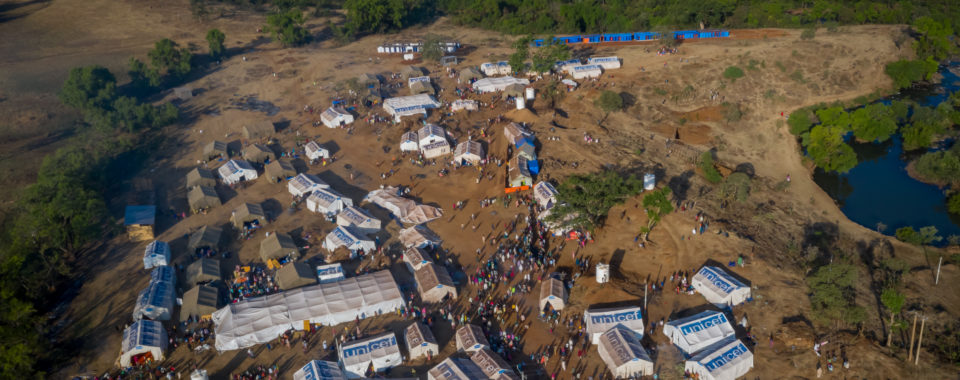
BY NATALIE FIERTZ In 2020, Ethiopia’s latent fragilities exploded in a complex array of conflicts along pre-existing fault lines across the country. The previous year had seen the lowest level of reported fatalities in five years1 and in October Prime Minister Abiy Ahmed was awarded the Nobel Peace Prize, capping the widespread praise – known […]
A Health Crisis Is More Than A Health Crisis
- Thursday, 20 May 2021 16:32
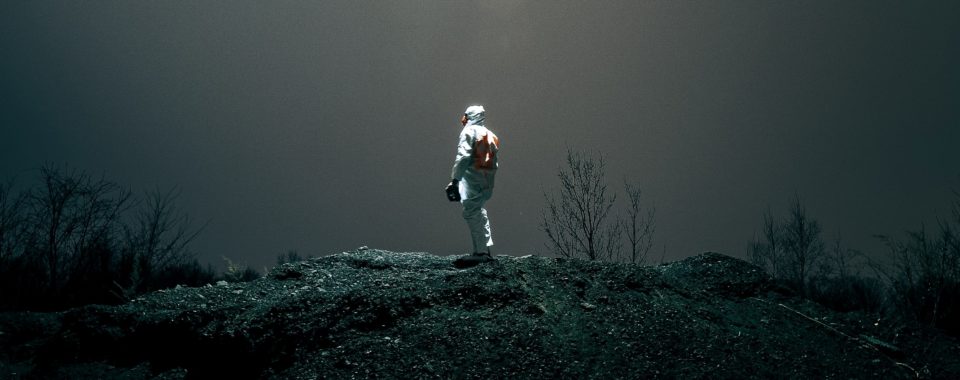
BY NATALIE FIERTZ As 2020 came to a close, the world looked back on a global pandemic, protests, lockdowns, and economic turmoil. Looking forward to the new year did offer some measure of hope; an array of vaccines had been developed and begun to be administered, but the crisis remained (and remains today) far from […]
Fragile States Index 2021 – Annual Report
- Thursday, 20 May 2021 00:01
BY NATALIE FIERTZ, NATE HAKEN, PATRICIA TAFT, EMILY SAMPLE, WENDY WILSON, SARAH COCKEY, DANIEL WOODBURN, ANNE-ELÉONORE DELEERSYNDER, ADÈLE DIOP, DANIELLE BATTERMAN, KATELIN REGER, KATHLEEN SMITH, NATOSHA HODUSKI, OLIVIA KRAMER The Fragile States Index, produced by The Fund for Peace, is a critical tool in highlighting not only the normal pressures that all states experience, but […]
A Pot Boiling Over: Chile Most Worsened in 2020
- Sunday, 10 May 2020 17:45
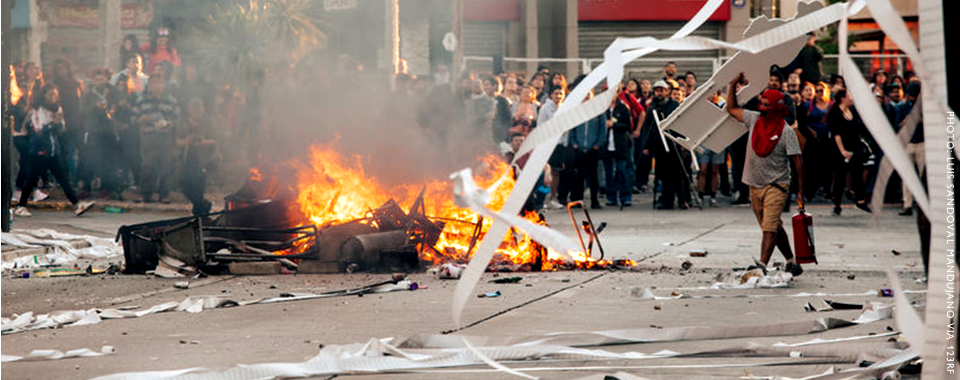
BY NATALIE FIERTZ On October 7, in the Santiago metro, a group of students began jumping turnstiles to protest a four percent rise in peak-time fares announced the day before. This was the second increase in fares for public transportation, which were already more than twice as expensive as those in neighboring Buenos Aires or […]
Colombia’s Peace Deal Unravels
- Sunday, 10 May 2020 17:34
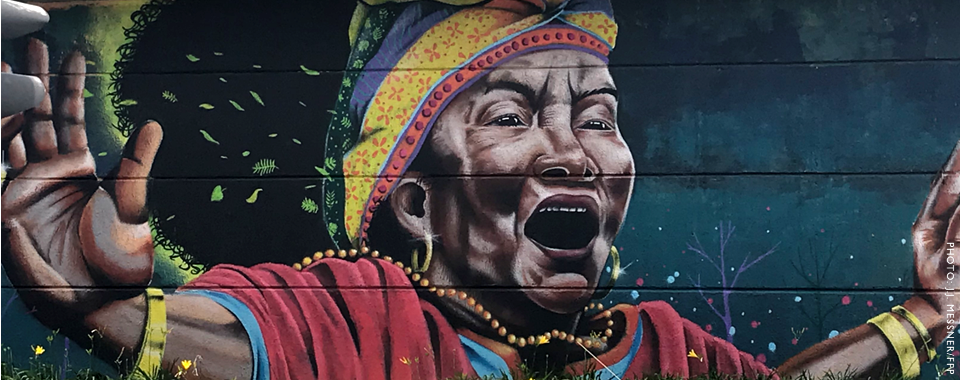
BY NATALIE FIERTZ Colombia saw its worst year-on-year change in the history of the Fragile States Index (FSI) in 2020, breaking a trend of almost uninterrupted improvement since the Index’s inauguration. The 2016 peace deal between Revolutionary Armed Forces of Colombia (FARC) and the Colombian government is looking increasingly fragile, with faith in the process […]
What Else Could Go Wrong? Mozambique Continues Worsening Trend
- Sunday, 10 May 2020 17:32
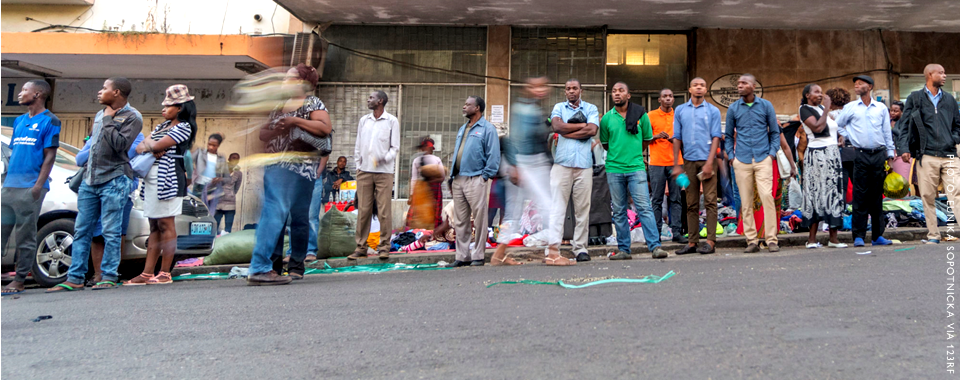
BY NATALIE FIERTZ A combination of natural disasters, insurgent attacks, and a contested election resulted in another challenging year for Mozambique, which tied with Libya for the second-most worsened country on the 2020 Fragile States Index (FSI). Already beset by increasing structural pressures across multiple indicators, Mozambique’s steady worsening over the past several years in […]
Division in India
- Sunday, 10 May 2020 17:29
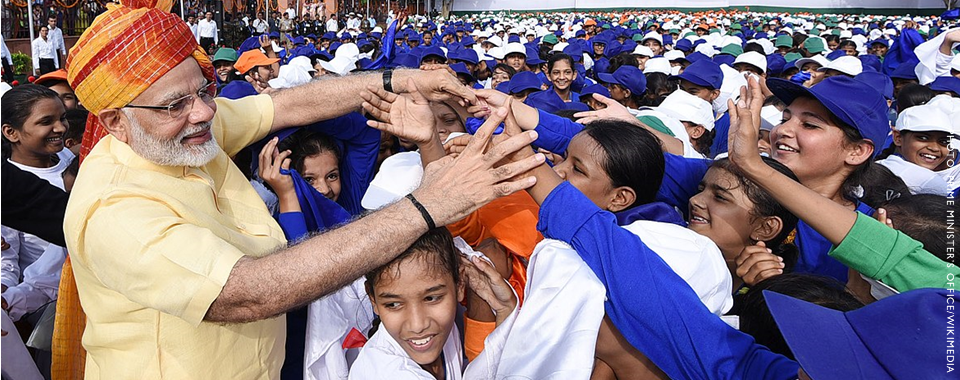
BY NATALIE FIERTZ In 1989, foreshadowing events to come, India’s current ruling party, the Bharatiya Janata Party (BJP) issued the Palampur Resolution, throwing their support behind the construction of a temple devoted to the Hindu deity Rama on the site of the Babri Mosque in Ayodhya. This was a remarkable gamble at the time, as […]
Fragile States Index 2020 – Annual Report
- Friday, 08 May 2020 21:19
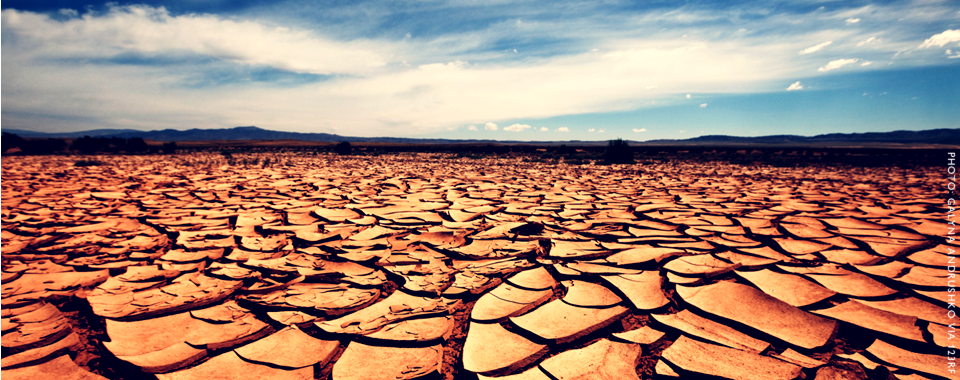
BY J.J. MESSNER DE LATOUR, NATE HAKEN, PATRICIA TAFT, MARCEL MAGLO, NATALIE FIERTZ, WENDY WILSON, SARAH COCKEY, FIONA GRATHWOHL, KEENAN IULIANO The Fragile States Index, produced by The Fund for Peace, is a critical tool in highlighting not only the normal pressures that all states experience, but also in identifying when those pressures are pushing […]
Ten Countries to Watch for in Fragile States Index 2020
- Monday, 23 December 2019 10:33

BY J.J. MESSNER AND NATALIE FIERTZ After 15 years of producing the Fragile States Index (FSI), we are frequently asked about how predictive of a tool it really is. So, to what extent can the FSI signal emerging crisis, as opposed to merely diagnosing current conditions? Though prediction is inevitably bound by probability and uncertainty, […]
